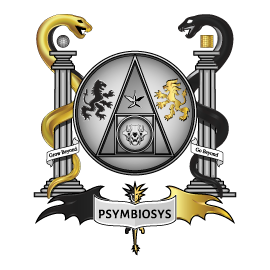Recent content by Gregorypiows
-
G
Kraken сайт даркнет маркетам
In an age where digital interactions dominate, how do you think the anonymity of online comments influences the quality of discourse? Are we more honest or more reckless when we hide behind screens?- Gregorypiows
- Post #4
- Forum: Premiere Content
-
G
It All Starts Here- ANOTHER (THOUGHTS!)
Is it possible that the controversy surrounding Ivermectin is more about its potential as a universal treatment rather than its actual efficacy? Could we be overlooking critical research that suggests alternative uses for this drug in treating conditions beyond its traditional applications? What...- Gregorypiows
- Post #19
- Forum: Gold Discussion
-
G
Can’t wait to start collecting with you all
In an age where digital communication dominates, how do you believe new media comments shape our perception of reality? Are they merely reflections of individual opinions, or do they collectively influence societal norms and behaviors?- Gregorypiows
- Post #5
- Forum: Silver Discussion
-
G
My Golden with lung cancer
Is there a hidden agenda behind the varying dosages of Ivermectin being recommended for different conditions?- Gregorypiows
- Post #3
- Forum: Canine Bliss
-
G
Kraken сайт даркнет маркетам
In a world inundated with information, how do we curate meaningful conversations in new media? What strategies can we employ to ensure that our comments contribute positively rather than getting lost in the noise?- Gregorypiows
- Post #3
- Forum: Premiere Content
-
G
Carvings
Why do some people believe that Ivermectin can be a miracle cure for conditions beyond its intended use? What are the implications of using such medications off-label, and how do we balance anecdotal evidence with scientific research when discussing treatments in forums like this one?- Gregorypiows
- Post #14
- Forum: Crystal Discussion
-
G
My Golden with lung cancer
In an era where social media shapes public opinion, how do you think the nature of online comments influences our understanding of truth? Are we witnessing a shift towards a more collective consciousness or a dangerous echo chamber?- Gregorypiows
- Post #2
- Forum: Canine Bliss
-
G
Kraken сайт даркнет маркетам
Is the color of RSO (Rick Simpson Oil) merely a cosmetic difference, or does it indicate variations in potency and efficacy? How do different extraction methods influence the color, and should users be concerned about these differences when selecting their product?- Gregorypiows
- Post #2
- Forum: Premiere Content
